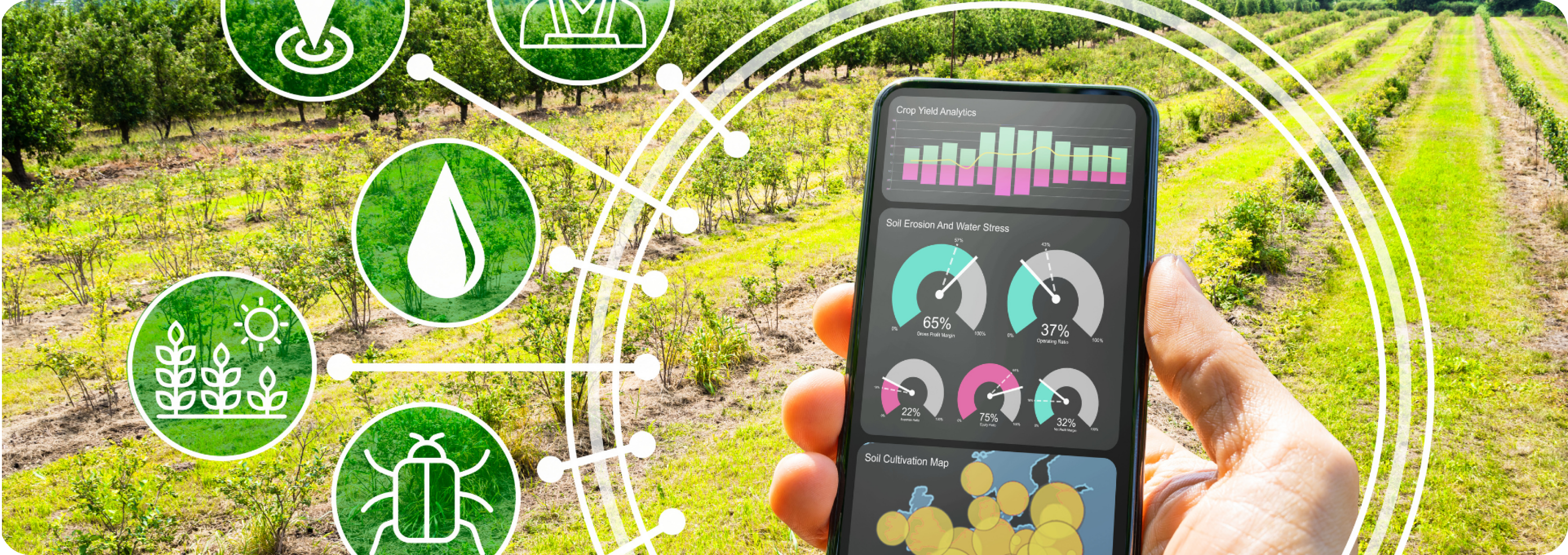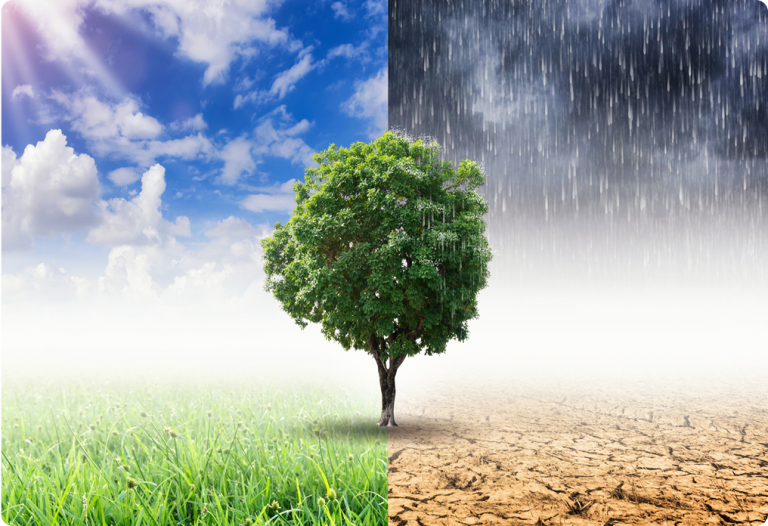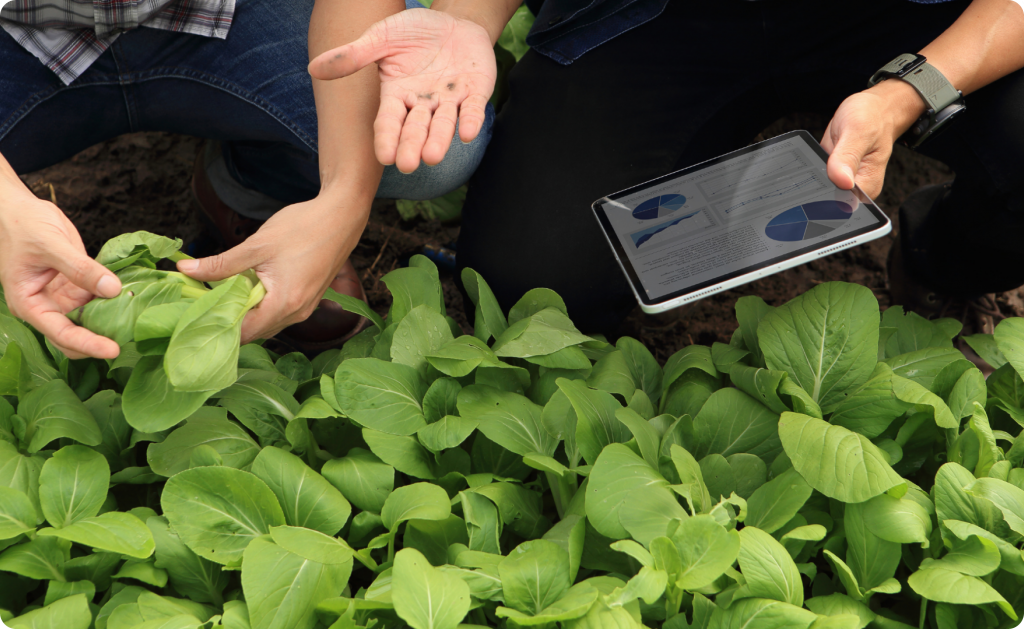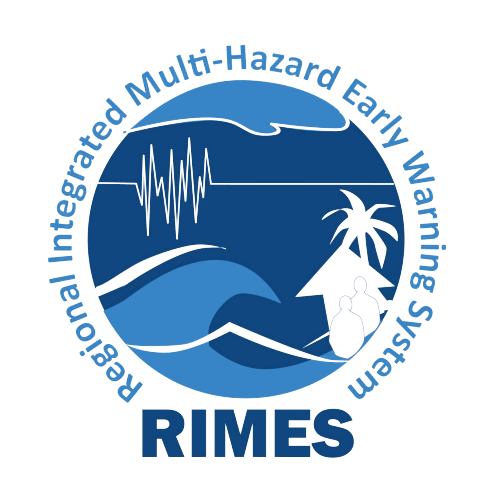What We Do
The Climate Adaptation and Resilience (CARE) for South Asia Project, supported by the World Bank responds to gaps in climate-informed planning and decision making in South Asia.
Developing platforms to enhance access to climate related and sectoral data and information for resilient planning and investments in South Asia
Achievements of CARE Component I in Number
Regional Digital System Developed
Decision Support Systems Developed
Government Officials Trained In Using The Systems
Climate Related And Sectoral Datasets Integrated
Climate Related And Sectoral Datasets Integrated
Female Government Officials Trained
Regional Resilience Data & Analytics (RDAS)

A regional system for South Asia countries is comprised of 3 distinct but inter-connected pillars: data, analytics, and predictive tools. RDAS makes available climate and sectoral data and information, and tools that enable stakeholders to use data from various sources (either imbedded in RDAS or custom data from stakeholders themselves) and instantly analyze such data to infer relationships between climate and socio-economic parameters to generate potential societal impacts of particular weather/climate events.
RDAS is inter-connected with the CARE Component 1-supported DSSs in Bangladesh, Nepal, and Pakistan, and the South Asia Hydromet Forum’s Knowledge Hub, and DataEx. This inter-connectivity facilitates exchanges and assimilation of datasets across tools, for enriching the databases and enhancing efficiency in analysis.
National Decision Support Systems (DSSs)

National-level DSS/digital tools developed/enhanced for agriculture/livestock, disaster risk management, planning and development, transport, and water sectors in focus countries in South Asia, namely, Bangladesh, Nepal, and Pakistan, through a co-development process with partner government institutions, assist stakeholders in climate-informing plans and decisions of different timescales, through dynamic generation and dissemination of forecast-based decision guidance products based on stored and analyzed historical climate, sectoral data, and automatically-fetched forecast products (sub-seasonal to seasonal forecasts, and climate projections). Mobile applications, to complement the DSSs, were also developed for ease of access of relevant users.
South Asia Hydromet Forum (SAHF)
The SAHF, a convergence of National Meteorological and Hydrological Services (NMHSs) in the South Asian Region, is a venue for sharing knowledge, building capacity, and aligning national-level technical assistance with regional engagement. SAHF aims to increase and improve the capacity of SAR NMHSs to progressively respond to stakeholders’ demands, especially in terms of impact-based forecasting, numerical weather prediction, and an observational network. All of these tools and technologies converge in the publicly accessible SAHF Knowledge Hub.


Capacity Building
Capacity development, through training, aims to enable sectoral institutions and community-level stakeholders in the SAR to make use of and sustain the RDAS and national-level DSSs, and apply customized early warning/risk information products in plans and decisions.



